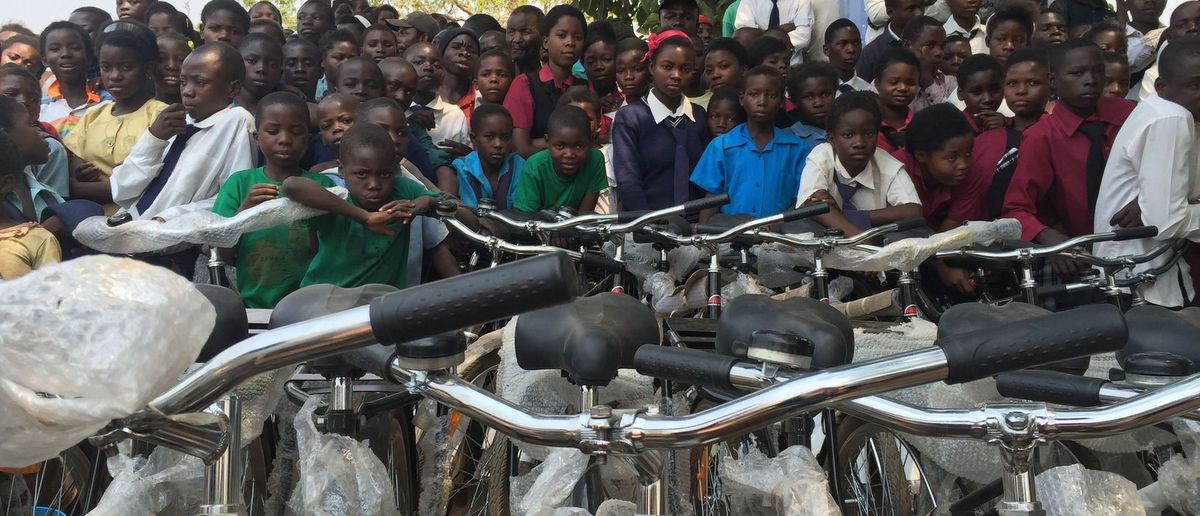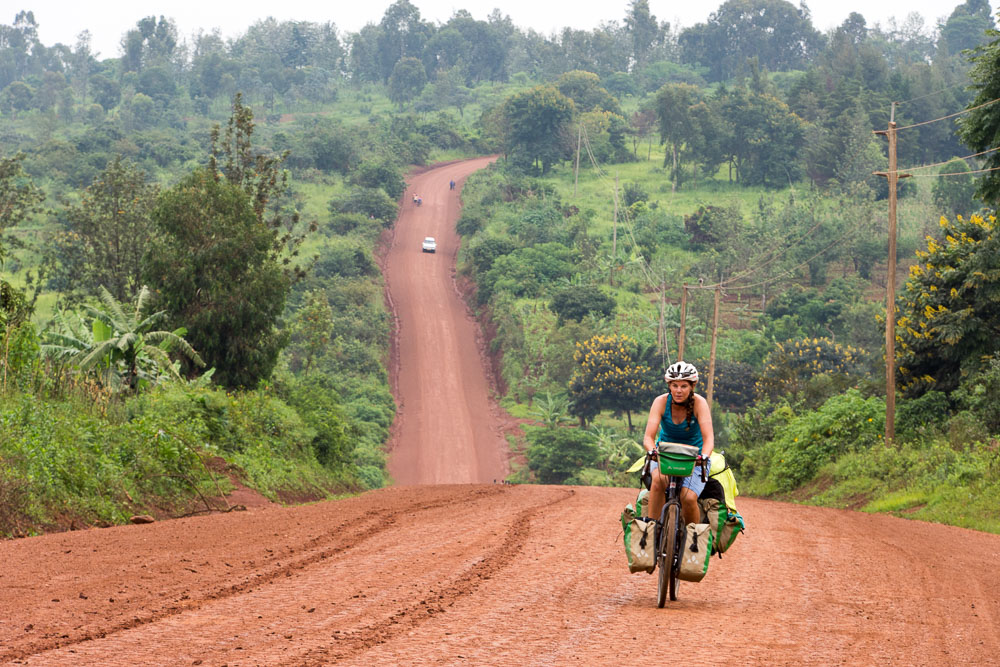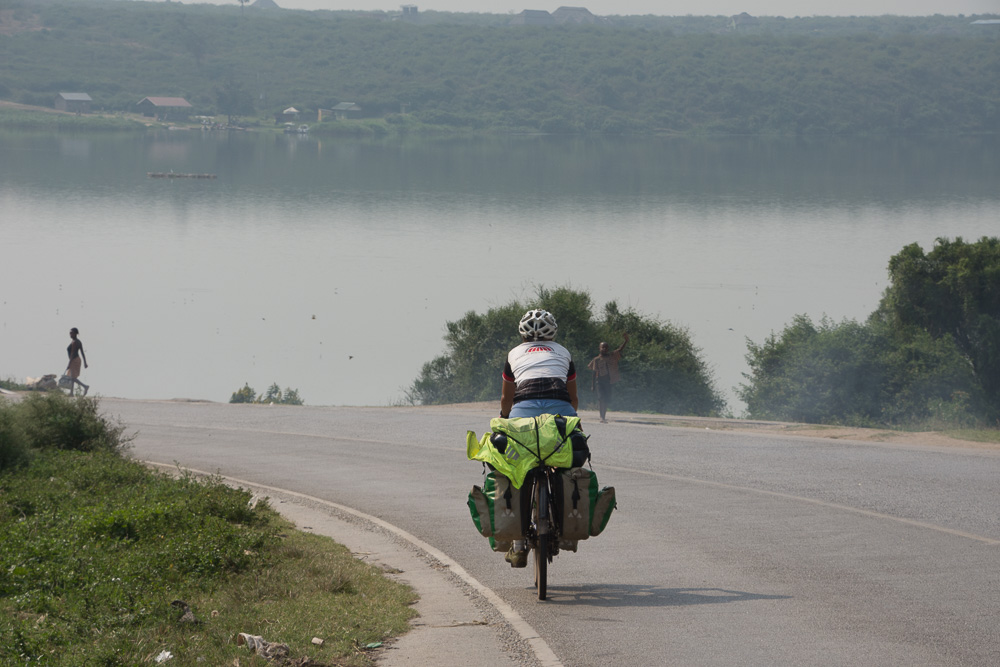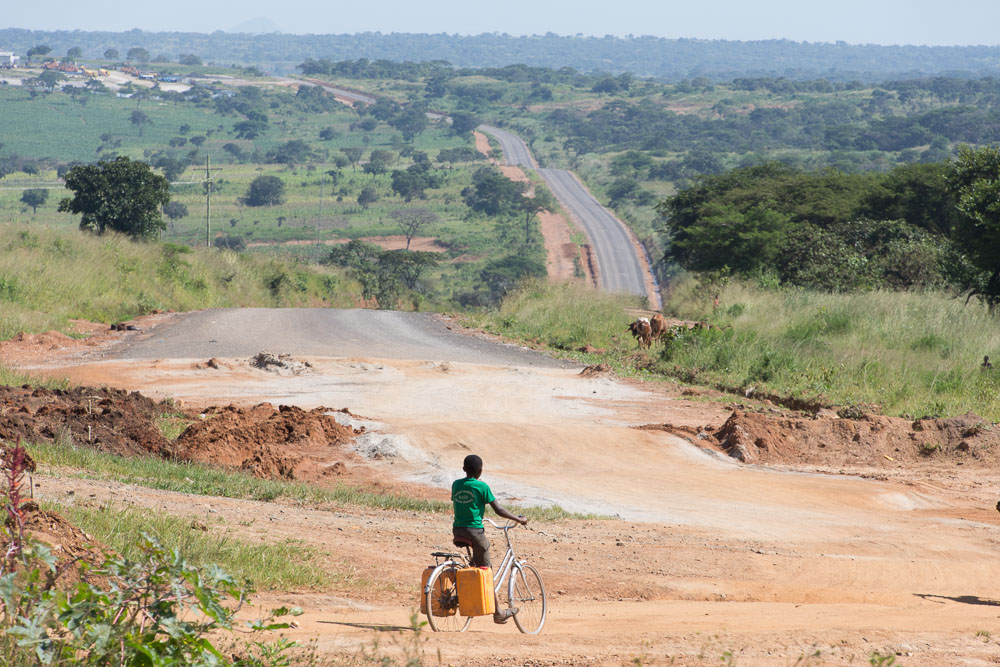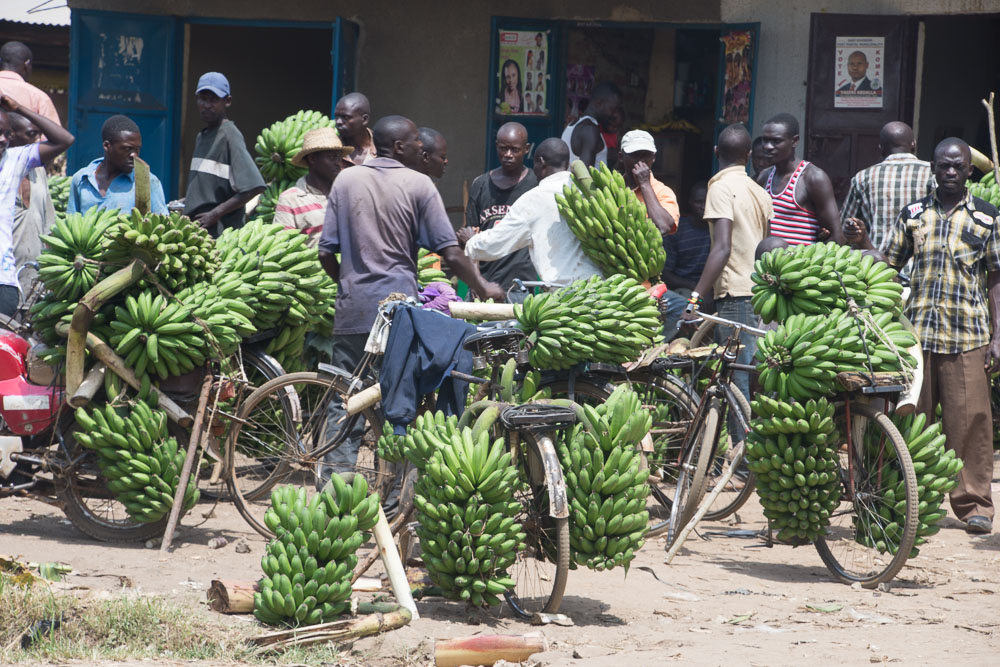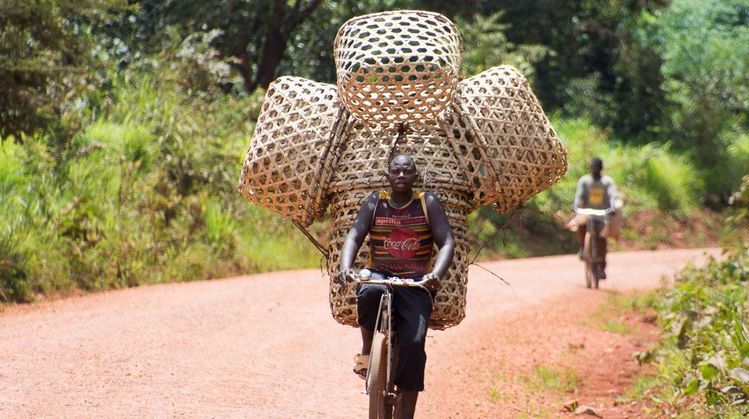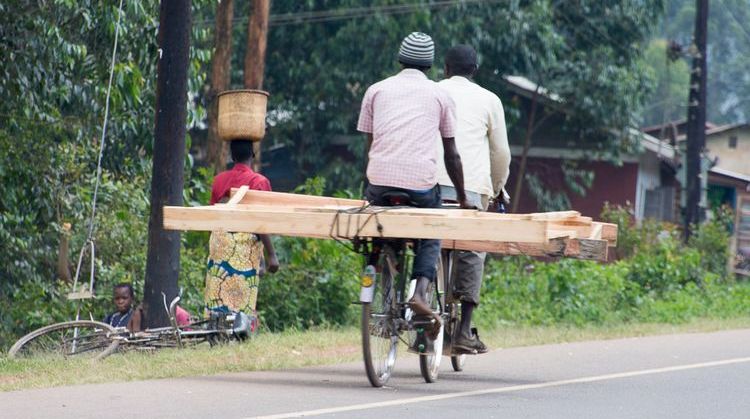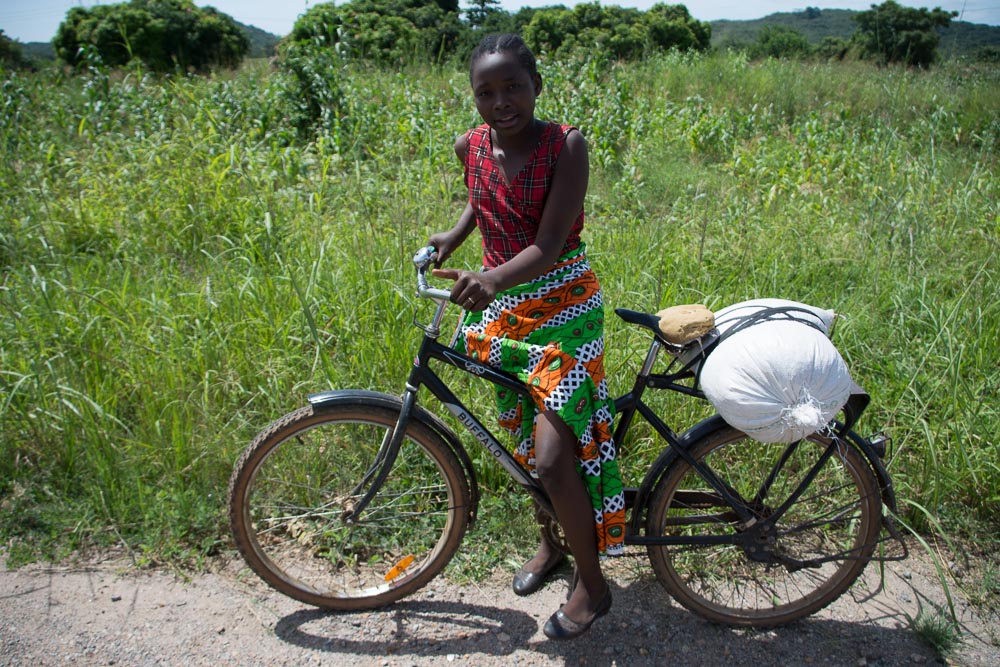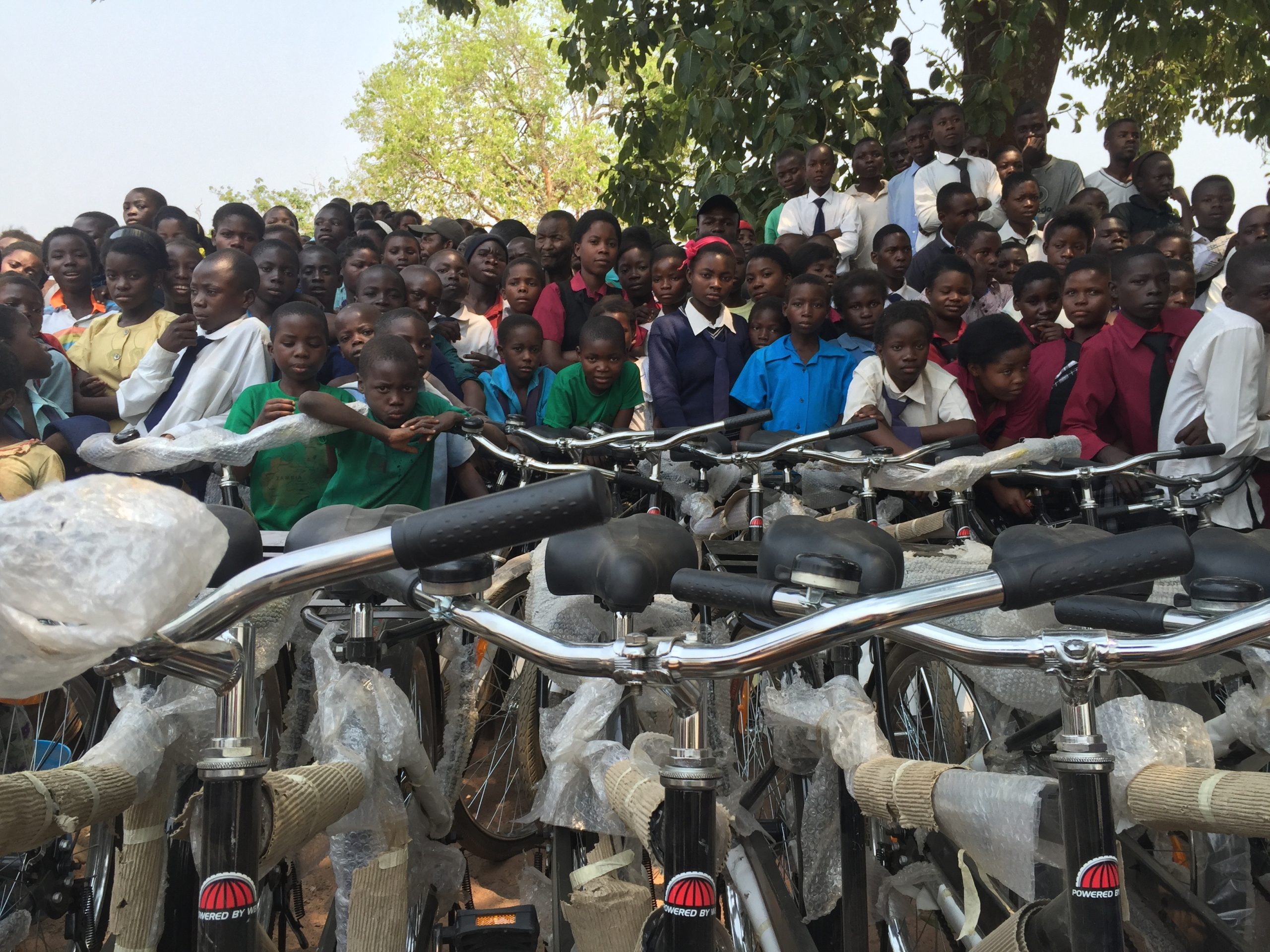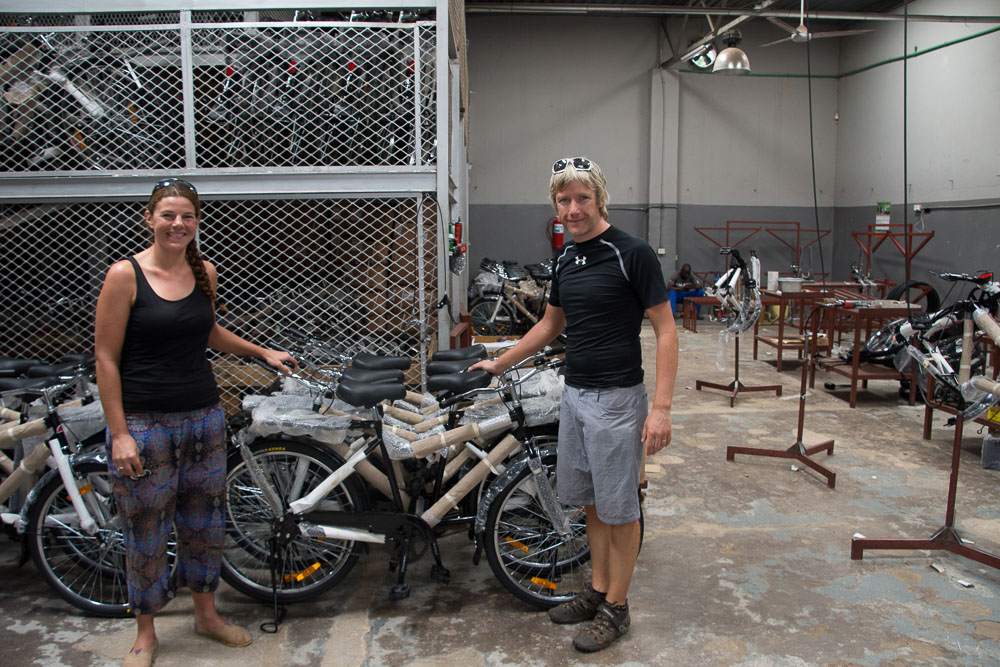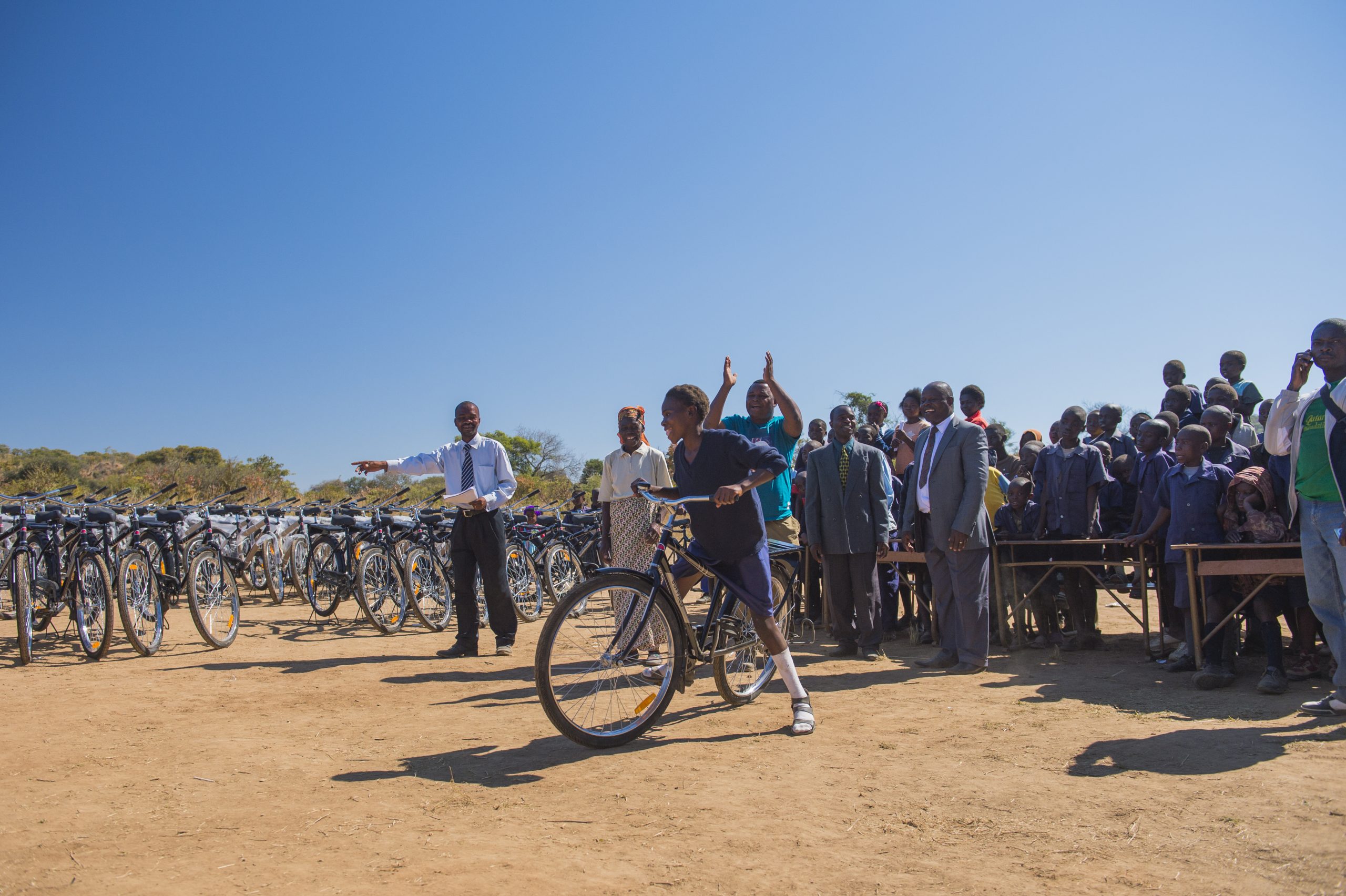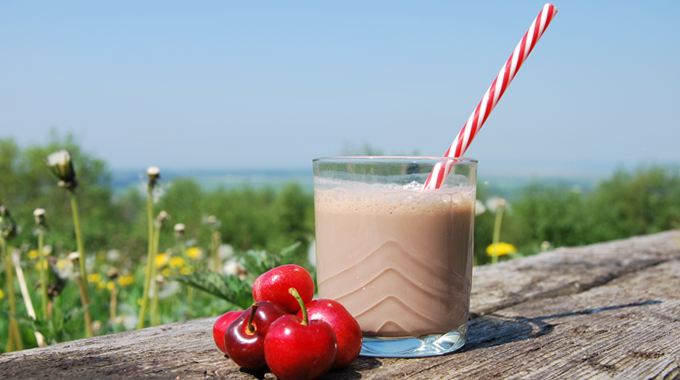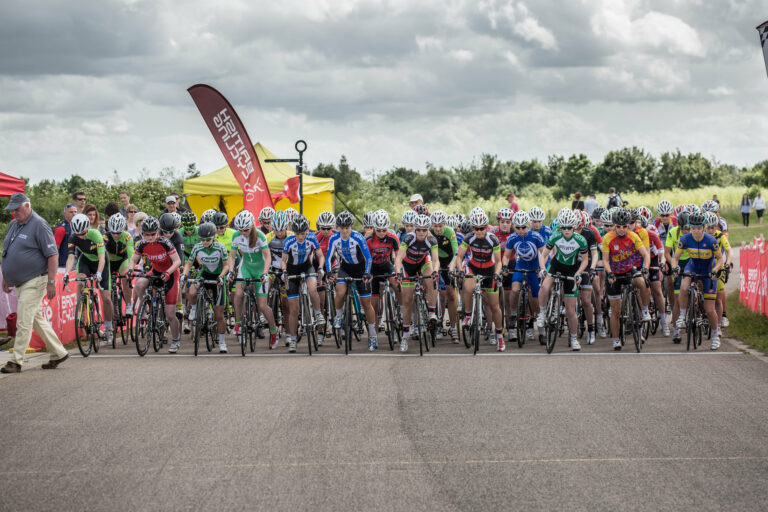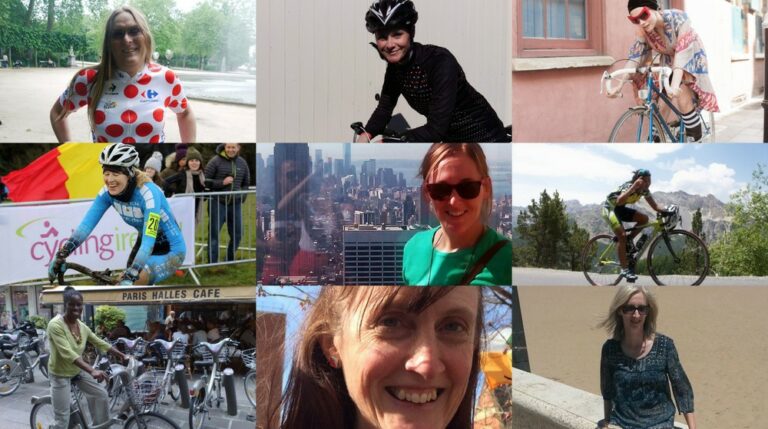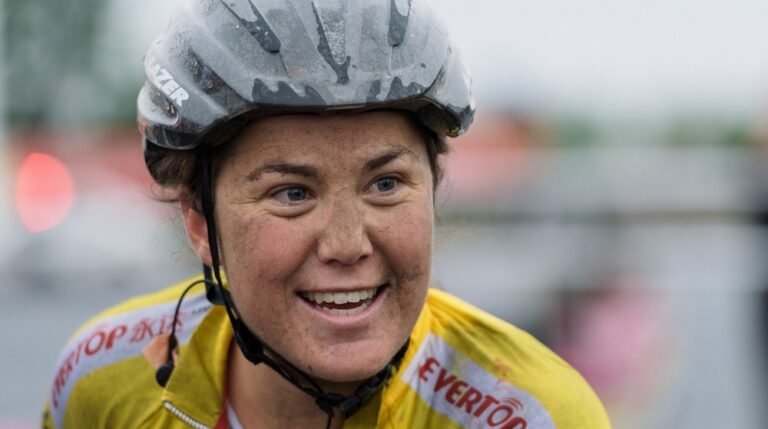TWC contributor Emily Conrad-Pickles is riding from London to Cape Town to raise money for World Bicycle Relief. She outlined the start of the journey here, and gave us an update as she rode through Jordan here. She’s now almost reached the destination, here’s the story as she and her riding partner close down on the Cape, and a little more detail about the pivotal role bicycles can play in improving quality of life.
We’ve been on the road for nearly 9 months since we set off from London to cycle from London to Cape Town. We are now entering the final chapter of our journey and beginning to set our sights on Cape Town.
You could say it’s been a hell of a cycling adventure!
We’ve experienced many highs and lows since we last updated the TWC team on our progress 3 months ago. We’ve travelled through deserts, over mountains, into tropical rainforest and across dry African savannah. We’ve had temperatures souring up to 50 degrees Celsius and rain so heavy that it’s filled a tea mug in 20 minutes. We’ve also had a trip to a hospital, a cracked rib and yet more stomach upsets. You could say it’s been a hell of a cycling adventure! We are now back to full fitness and making great progress crossing Botswana in the company of wild animals and occasionally allowing ourselves to dream of that celebratory glass of wine in Cape Town!
Read: Emily meets and interviews Rwanda’s female pro cyclist

